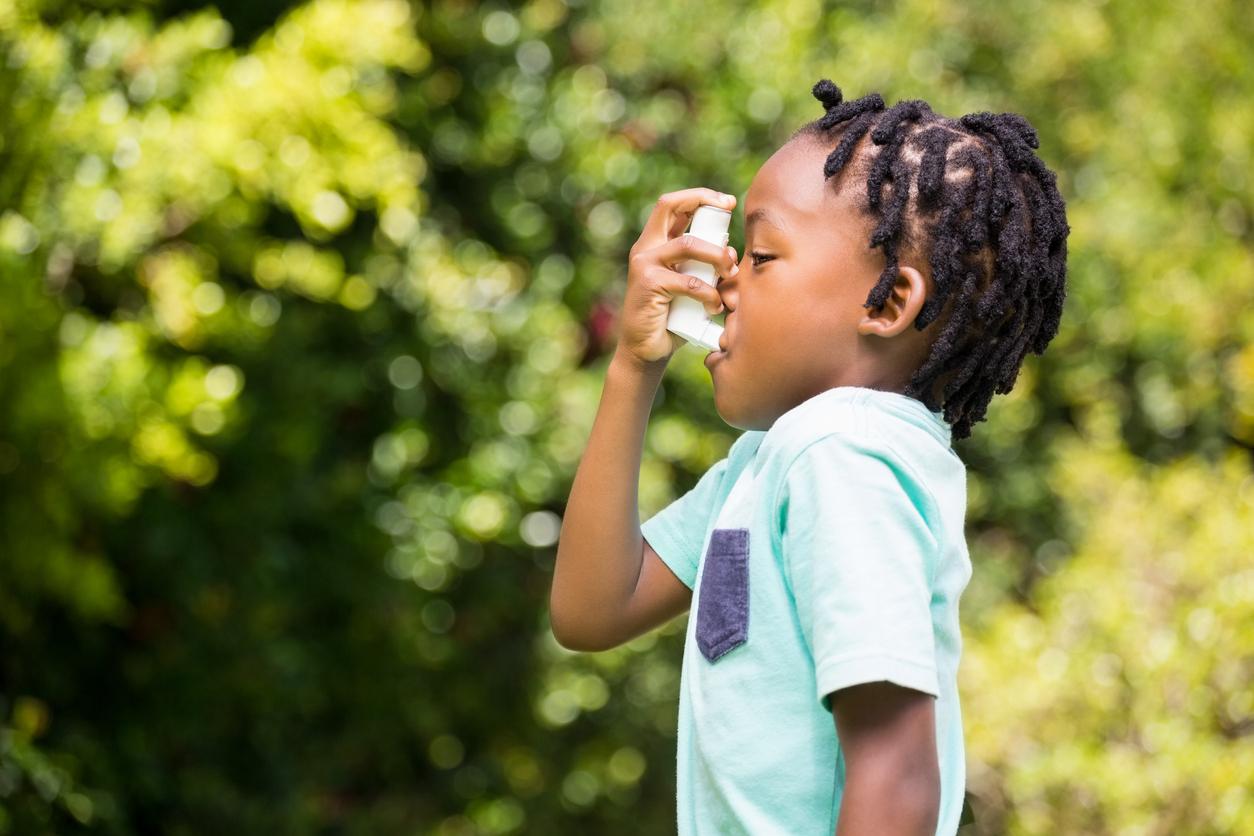A study today in Pediatrics says there is no evidence that COVID-19 infections lead to asthma in children.
The study, conducted by researchers at the Children's Hospital of Philadelphia (CHOP), included 27,423 patients ages 1 to 16 years who received polymerase chain reaction (PCR) testing for SARS-COV-2 from March 1, 2020, to February 28, 2021.
Patients were followed up for 18 months, with the main outcome the likelihood of receiving a new asthma diagnosis. Medical records from 1 year before inclusion in the study were also included to establish asthma-naive status among participants.
"During the early days of the pandemic, we could isolate the effects of COVID-19 from other viruses and follow these patients long enough to observe the onset of asthma," said first study author James Senter, MD, MPH, an attending physician at CHOP, in a press release from the hospital. "We were also testing so frequently that we had a built-in control group to compare asthma symptoms and whether COVID-19 was a critical factor."
During the early days of the pandemic, we could isolate the effects of COVID-19 from other viruses and follow these patients long enough to observe the onset of asthma.
Asthma tied to race, allergies
Instead of finding that COVID-19 infection raised the risk of childhood asthma, the researchers found that kids who were prone to developing asthma were more likely to test positive for COVID-19 during the 18-month study period. Known risk factors for asthma included race, food allergies, allergic rhinitis (or hay fever), and preterm birth
In total, 3,147 children (11.5%) were in the SARS-CoV-2–positive group and 24,276 (88.5%) were in the SARS-CoV-2–negative group, and 573 total received an asthma diagnosis during the 18 months.
SARS-CoV-2 positivity on PCR had no significant effect on the hazard of new asthma diagnosis (hazard ratio [HR], 0.96; 95% confidence interval [CI]: 0.73 to 1.27).
What did have an effect on asthma diagnosis was Black race (HR, 1.49; 95% CI, 1.13 to 1.95), food allergy (HR, 1.26; 95% CI, 1.03 to 1.55), and allergic rhinitis (hay fever; HR, 2.30; 95% CI, 1.93 to 2.74).
Secondary analysis finds similar results
In a secondary analysis that required two asthma medical codes, 418 participants received and maintained an asthma diagnosis in the 18-month follow-up period. Of those, 1.12% (35) of SARS-CoV-2–positive children were diagnosed as having asthma, compared with 1.59% (383) of SARS-CoV-2–negative children.
"SARS-CoV-2 PCR positivity was not associated with a new asthma diagnosis using this stricter definition. However, Black race, atopic comorbidities, and age were again associated with new asthma diagnosis when using the secondary asthma definition," the authors wrote.
"This well-powered study reaffirms risk factors we know contribute to asthma development and provides clinically useful information to pediatricians and providers on the absence of risk of developing asthma as a result of COVID-19," said senior author David A. Hill, MD, PhD, a physician in the Division of Allergy and Immunology at CHOP. "We are hopeful that this study will put to rest an outstanding question on the minds of many their families."






















